'We’re not talking about endless photos of your dinner, a running commentary about your gym sessions or the oversharing of how good or bad your latest relationship is going. Here we discuss things that REALLY shouldn’t be on social media or risk serious privacy ramifications.'
Tagged with Privacy
The beauty of Snapchat is that the photos only last for a few seconds, unless your friend decides to screenshot them.
Even then, you get a notification, so can know exactly which photos of you are owned by someone else.
However, now, the app has changed its terms and conditions so it owns every single photo taken using the app.
Not only this, but if you use it, you're consenting to the app doing whatever it likes with your photographs.
'Facebook has announced it will inform users if their accounts are being spied upon by any government.
In a note on Facebook, the company's security chief Alex Stamos said people would be notified if there is evidence their profile has been "targeted or compromised by an attacker suspected of working on behalf of a nation-state".'
'Being bullied, getting spam or moving on from a relationship - there are many reasons to block people online.
Depending on the platform you're using, different things happen, but the general rule is that it stops that user from communicating with you.
But when you hit that block button on Facebook, Instagram, Twitter or WhatsApp, it doesn't necessarily mean you are totally hidden from them.'
BBC's Newsbeat has clear guidance on each of the more popular socoalmedia apps.
The European Court of Justice has ruled that Safe Harbour -- the data sharing agreement between the US and EU -- is invalid. But what does this actually mean for the people of Europe and the companies they interact with on a regular basis?
When you fly a drone in the UK it is your responsibility to be aware of the rules that are in place to keep everyone safe.


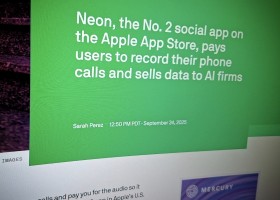

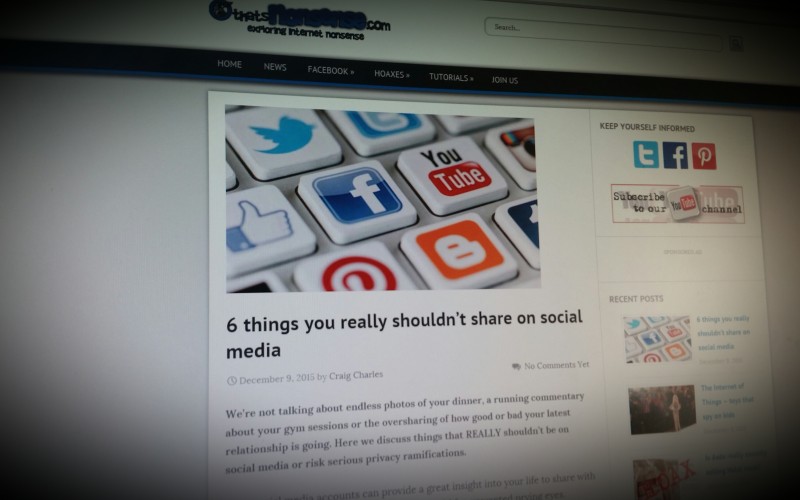
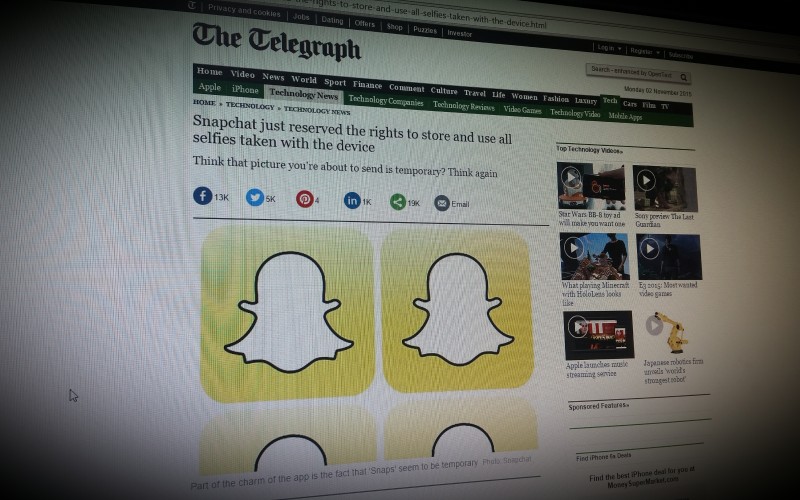
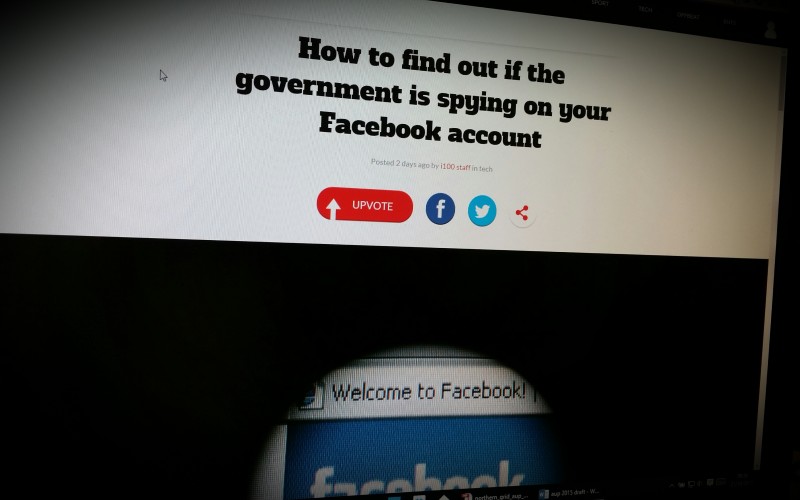
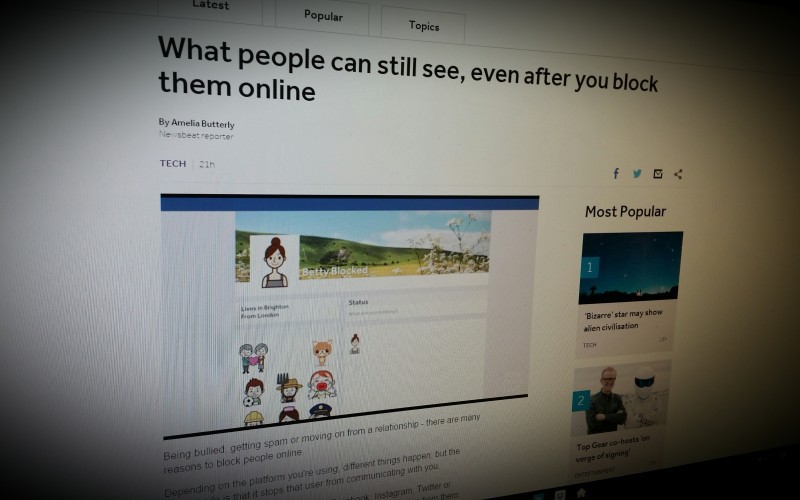


Comments
make a comment